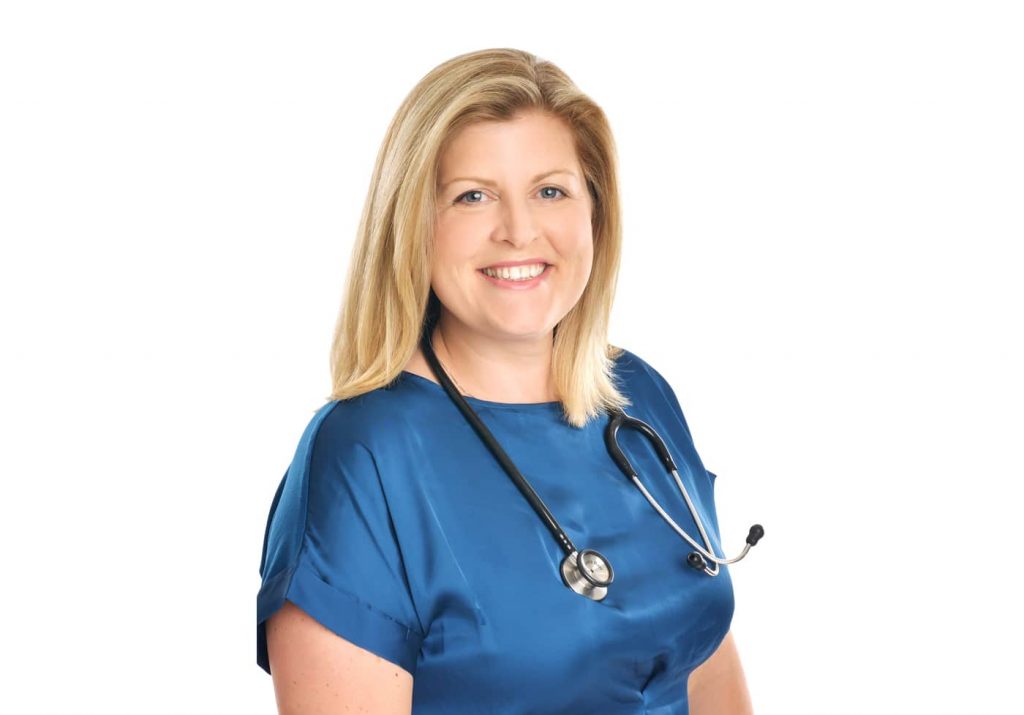
There is evidence that optimising your health prior to conceiving improves pregnancy outcomes and establishes the foundation for your child’s health throughout their life. Indeed, your lifetime risk of diabetes and cardiovascular disease is influenced by your mother’s health status before you are conceived! Couples planning a pregnancy have a window of opportunity to evaluate their health, to promote a safer and healthier pregnancy for mum and baby.
What is a preconception appointment?
Preconception care involves identifying and modifying medical, psychological, behavioural and environmental risks to both women and men. You will be asked questions about your reproductive history. This includes previous pregnancies, details regarding your periods and other gynaecology concerns. For men, any conditions affecting the testicles or known fertility issues.
If you suffer with any long-term medical conditions (e.g. asthma, diabetes, thyroid problems), it is important to have an evaluation of how this might impact on pregnancy and vice versa. Disease management should be optimised before you conceive. Regular medications are also discussed, both prescribed and over the counter, including vitamins, herbal medications and supplements. It’s important not to stop any prescribed medication without prior consultation with your doctor, as this could lead to worsening of underlying disease and can negatively affect pregnancy outcome. Some medications are continued in pregnancy, based upon a decision regarding potential risk verses benefit.
If you have suffered with mental health issues in the past, it is useful to talk to your doctor about perinatal management. You may consider additional psychological support in pregnancy and postpartum. Untreated mental illness is associated with worse foetal outcomes so it is better to plan ahead. Antidepressants can be taken during pregnancy and when breastfeeding after an open discussion with your doctor. Some mood stabilises are harmful in pregnancy and you should be offered alternative medication prior to trying to conceive.
Some couples may be at higher risk of genetic conditions, such as thalassaemia, cystic fibrosis and sickle cell disease. Inform your doctor of any significant family history. Pre-conception screening may be considered.
Preconception medical checklist
- Ensure your immunizations are up to date, in particular chickenpox, hepatitis B and the MMR. If you are unsure of your vaccination status, your doctor can run a blood test to check your immunity. If you are not immune, it is advisable to delay pregnancy until you have undertaken the vaccination as such infections can be harmful to your baby if exposed during pregnancy.
- Women should take folic acid (0.4mg) for at least 12 weeks before pregnancy, as this reduces the chances of spina bifida by 50-70%. Some women may require a higher dose (5mg) if they have certain underlying medical conditions and your doctor can advise you. All women should be taking 10mcg of vitamin D once a day.
- Ensure you are up to date with your cervical screening as this is usually avoided once pregnant. You should also undertake an STI screen if there has been any risk.
- Maintain a healthy weight, aiming for a BMI between 19-25. Being overly thin or overweight can affect fertility by suppressing ovulation. Obesity in pregnancy leads to a higher risk of gestational diabetes, high blood pressure in pregnancy, preterm delivery, miscarriage and stillbirth. Being underweight can cause preterm delivery, low birth weight and miscarriage.
- Smoking reduces fertility for both men and women and is harmful to the unborn child. Stopping is advised. It can be challenging to quit, but talking through your options with a doctor can help.
- For men, drinking over the recommended units of alcohol can affect sperm quality. For women, drinking more than 1 or 2 units of alcohol twice a week or becoming intoxicated reduces the chances of conceiving and increases the risk of foetal harm. Some evidence suggests limiting consumption of caffeine helps with fertility too.
For more information on preconception and having baby in Singapore, download your copy of our Baby Steps E-book which covers everything from conception to first year of life.
Dr Rebecca Daly graduated from the University of Liverpool is a member of the Royal College of General Practitioners, Dr Daly has completed the Diploma of Obstetrics and Gynaecology and a Diploma of Sexual and Reproductive Health and is a qualified contraceptive coil and implant fitter. Dr Rebecca is based at IMC Katong. Call 65 3163 4343 to make an appointment.


































